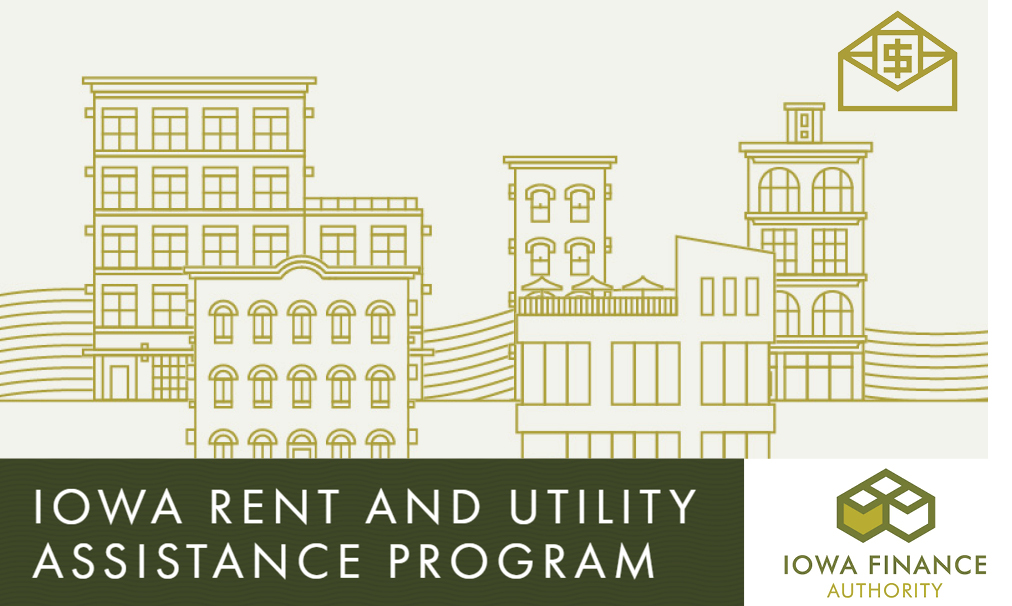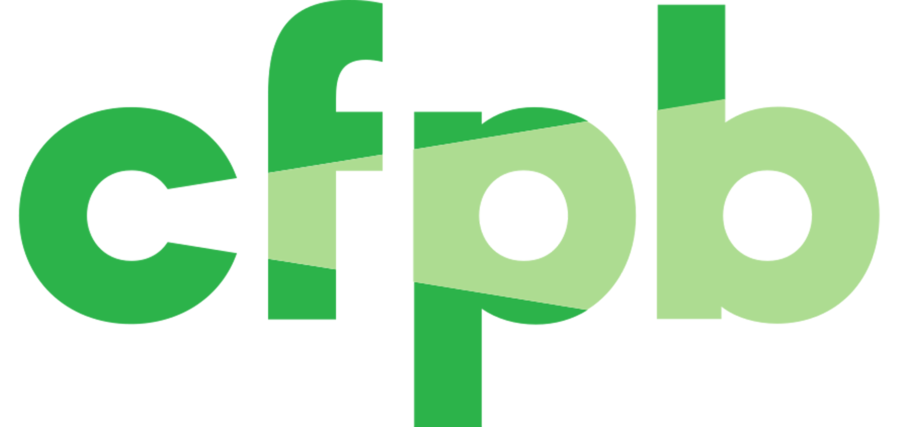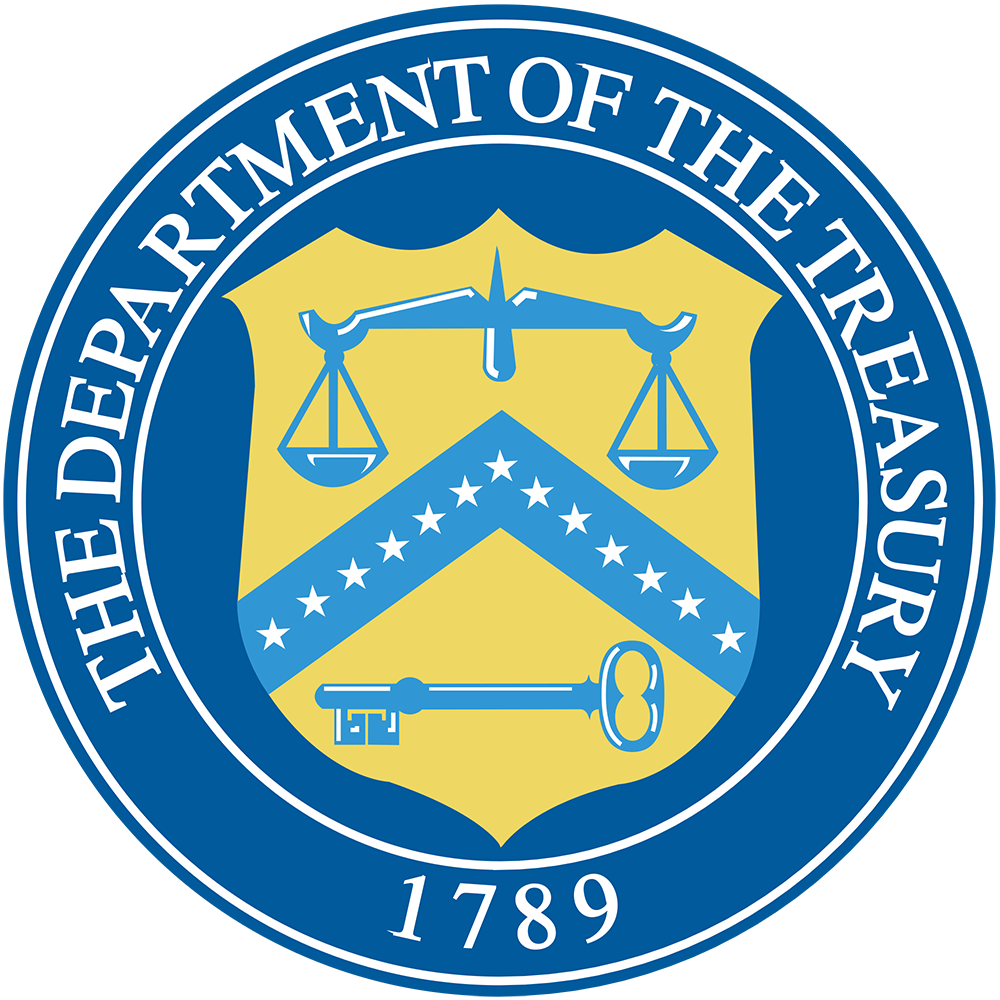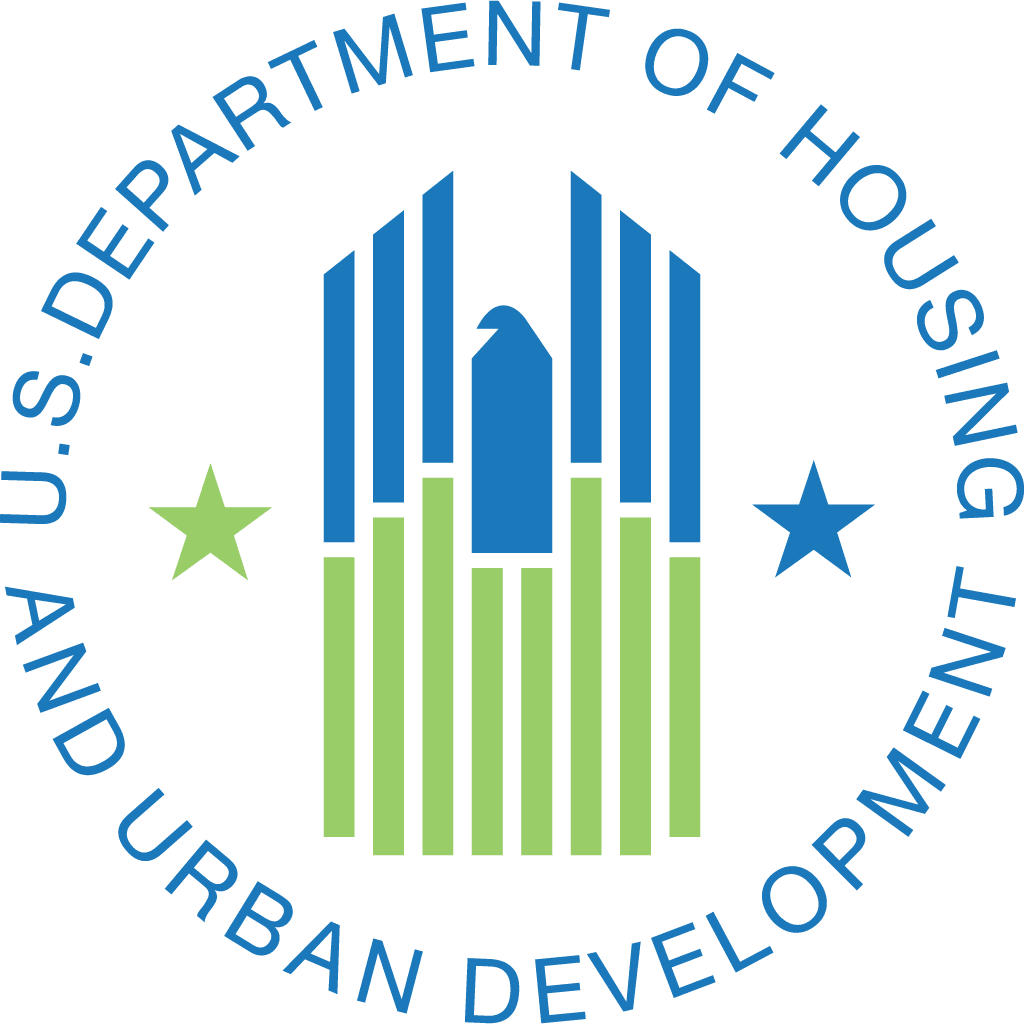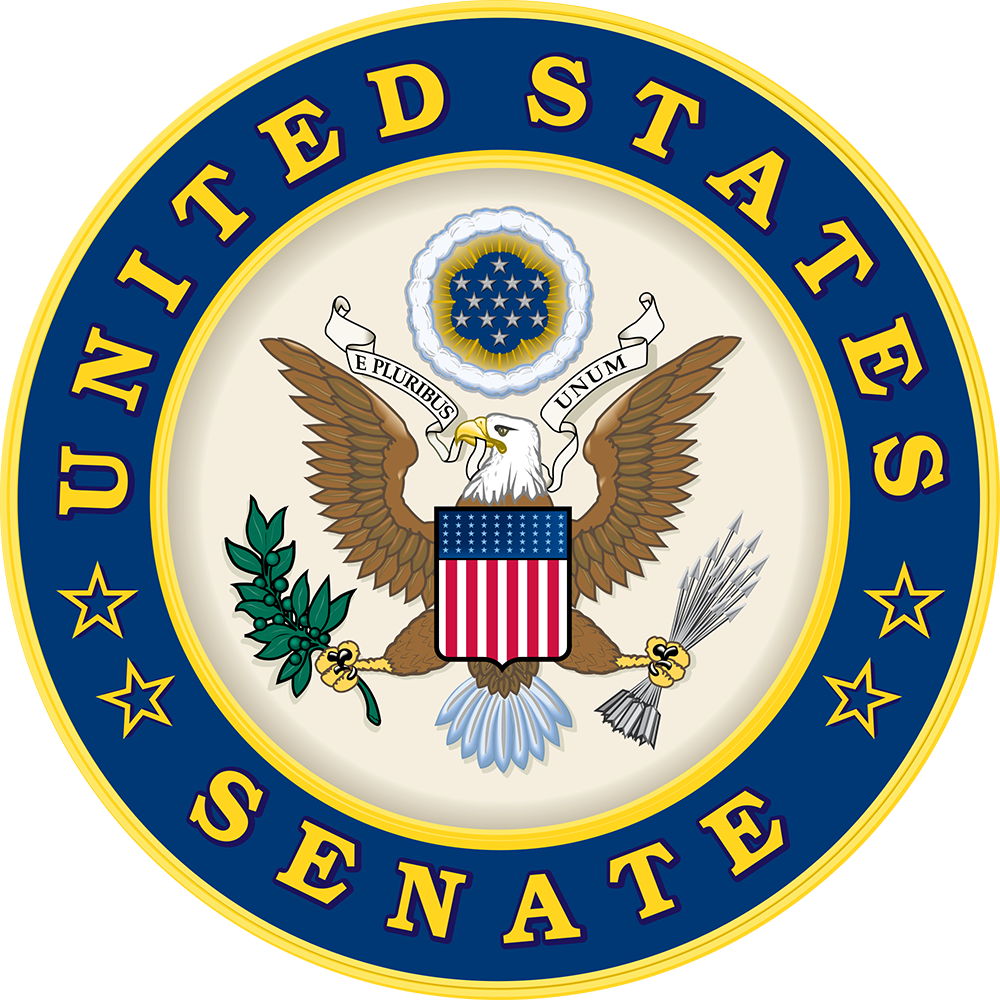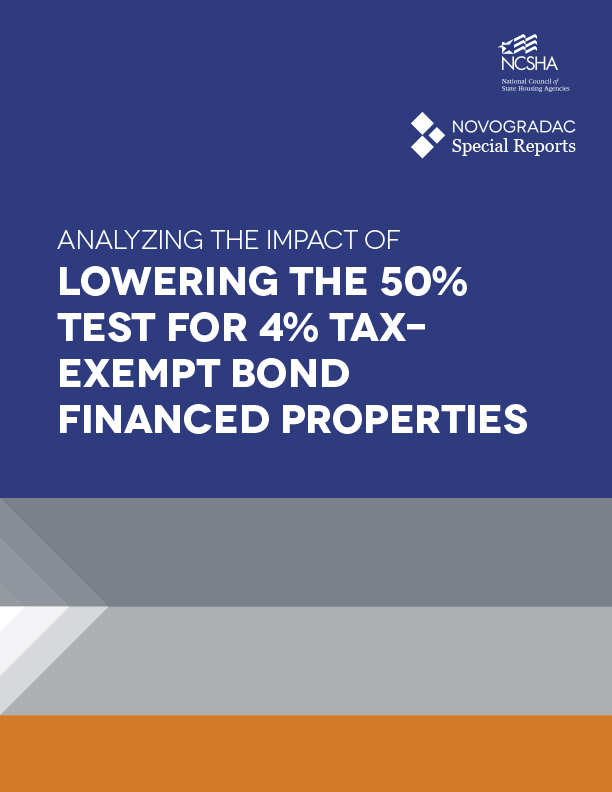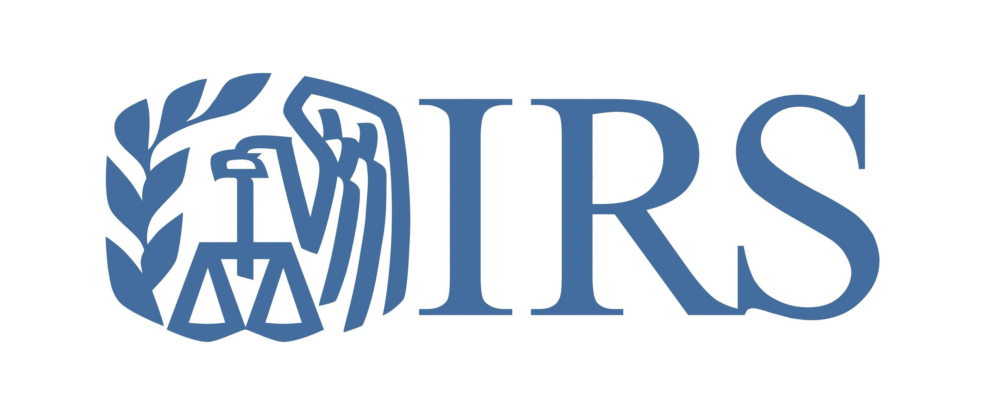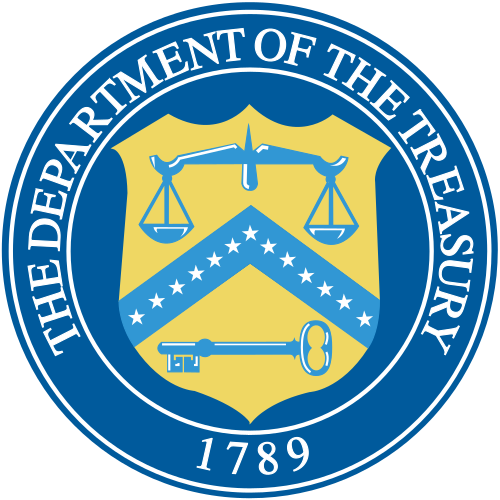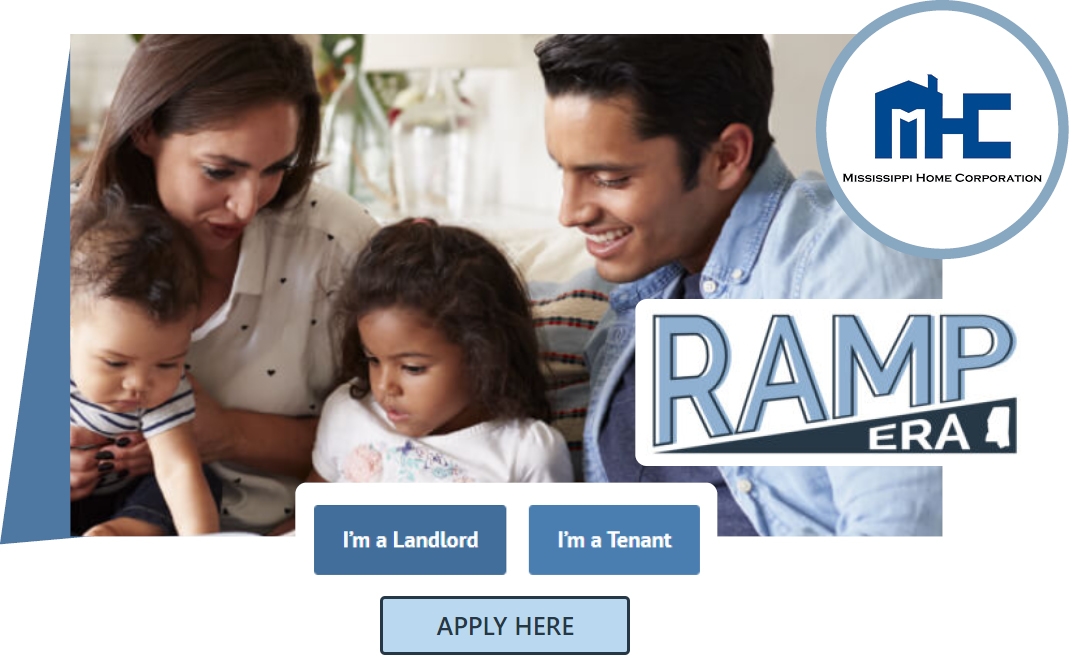Resources
Featured ERA Program: Iowa Rent and Utility Assistance
The Iowa Rent and Utility Assistance Program may provide eligible renters with help with rent and utility bills. Please visit the program link to learn more, start an application, or contact the Housing Recovery Help Line.
CFPB Interim Final Rule on Consumer Rights, Debt Collection Under CDC Eviction Moratorium
This interim final rule from the Consumer Financial Protection Bureau amends Regulation F of the Fair Debt Collection Practices Act to address certain debt collector conduct associated with the Centers for Disease Control and Prevention (CDC) eviction moratorium in response to the COVID-19 pandemic. The interim final rule requires debt collectors to provide written notice to tenants of their rights under the CDC’s eviction moratorium. The rule also prohibits debt collectors from misrepresenting tenants’ eligibility for protection.
U.S. Department of the Treasury Homeowner Assistance Program Website
The Homeowner Assistance Fund (HAF) is a highly flexible source of financial assistance to help homeowners who are experiencing COVID-19-related economic difficulties remain in their homes. Nearly $10 billion in funds will be distributed to states, territories, and tribal entities. HAF will be used to help struggling homeowners cover a variety of costs incurred, including mortgage principal reductions, interest rate reductions, utility payments, homeowners and condo association fees, and hazard insurance.
NCSHA Letter to HUD on Homelessness Assistance and Supportive Services Through HOME (HOME-ARP)
In this April 16 letter, NCSHA urges the U.S. Department of Housing and Urban Development to quickly issue guidance on the $5 billion for homelessness assistance and supportive services through the HOME Investment Partnerships program in the American Rescue Plan (HOME-ARP). The letter also includes recommendations on waivers and suspensions state HFAs will need to implement this program.
The Affordable Housing Credit Improvement Act of 2021 (S. 1136/H.R. 2573)
This legislation, introduced by Senators Maria Cantwell (D-WA), Todd Young (R-IN), Ron Wyden (D-OR), and Rob Portman (R-OH) and its identical House companion legislation introduced by Representatives Suzan DelBene (D-WA), Jackie Walorski (R-IN), Don Beyer (D-VA), and Brad Wenstrup (R-OH) would expand the improve the Low Income Housing Tax Credit program, including by raising the Housing Credit volume cap by 50 percent, lowering the bond finance threshold to 25 percent, and making other programmatic changes allowing the Housing Credit to better reach hard-to-reach populations, streamline program rules, and allow for more preservation of affordable housing.
NCSHA-Commissioned Novogradac Report: Analyzing the Impact of Lowering the 50% Test for 4% Tax-Exempt Bond-Financed Properties
On behalf of NCSHA, Novogradac conducted this report on the results of lowering the 50 percent financed-by threshold for 4 percent Housing Credit properties, analyzing the outcomes related to bond cap and multifamily production levels if the financed-by threshold were to be lowered to 40 percent, 33 percent, or 25 percent. This report updates a previous report on the financed-by threshold Novogradac conducted for NCSHA in 2020. The analysis is updated to account for the minimum 4 percent Housing Credit rate established in 2020 year-end legislation and updated Congressional Budget Office inflation projections.
IRS Notice 2021-28: Public Recommendations on Items to be Included on the 2021-2022 Priority Guidance Plan
This Notice invites public comments on items the U.S. Department of the Treasury and Internal Revenue Service should consider including in their 2021-2022 Priority Guidance Plan, which identifies guidance projects on which Treasury and IRS intend to actively work during the period from July 1, 2021, to June 30, 2022. Comments are due by May 28.
Homeowner Assistance Fund Program Guidance and Allocation Formula
On April 14, Treasury released program guidance and the formula for dispersing funds to states and territories for the Homeowner Assistance Fund.
Featured ERA Program: Rental Assistance for Mississippians Program
If you are a Mississippi renter who has not been able to make rent payments due to COVID-19, you may qualify for the Rental Assistance for Mississippians Program (RAMP). RAMP can provide up to 15 months of rental and utility assistance to eligible renters. The funds will be paid directly to the landlord and service providers on behalf of tenants.
